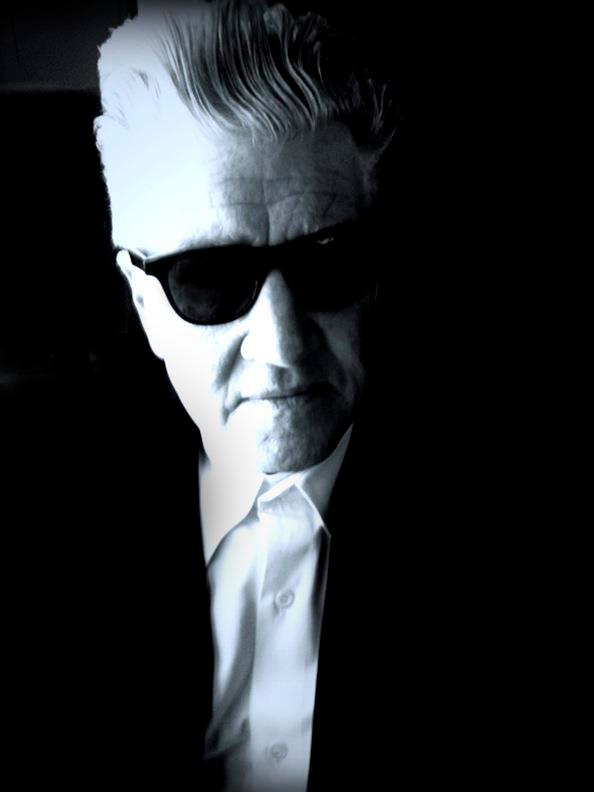WITH the passing of David Lynch last Wednesday, the world of cinema has lost one of the leading lights in surrealist movie-making. Praised for their unique vision, Lynch’s films often had an underlying violent and eerie vibe that was deeply disturbing yet strangely compelling. The dark narratives and dream-like imagery would confuse and confound in equal measures but were always sure to leave a deep impression on viewers who dared venture into this Lynchian world.
Here are some career highlights from the auteur’s distinguished career:
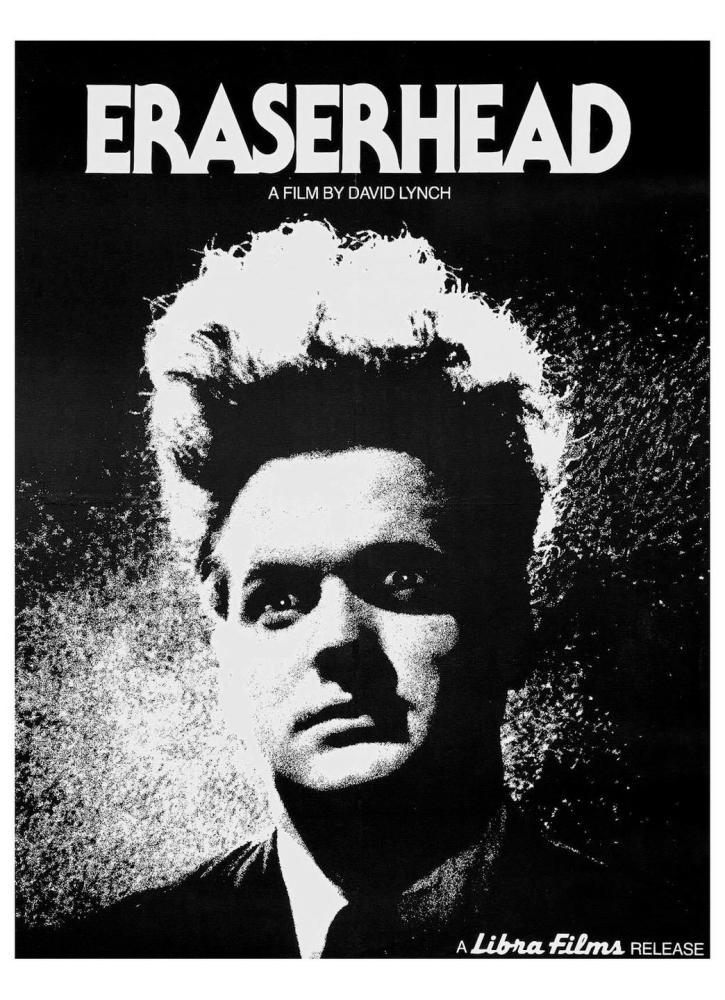
Eraserhead (1977)
The very definition of cult classic, Eraserhead was Lynch’s debut feature-length film. Lynch’s script for Eraserhead was influenced by his reading, as a film student, of Franz Kafka’s 1915 novella The Metamorphosis and Nikolai Gogol’s 1836 short story The Nose. Eraserhead tells a tale of a man who is left to care for his hugely deformed infant in a sparse, industrial wasteland. The movie is best known for its use of aural soundscapes to add to the eerie feel of this body horror classic. Weird, confusing and utterly compelling.
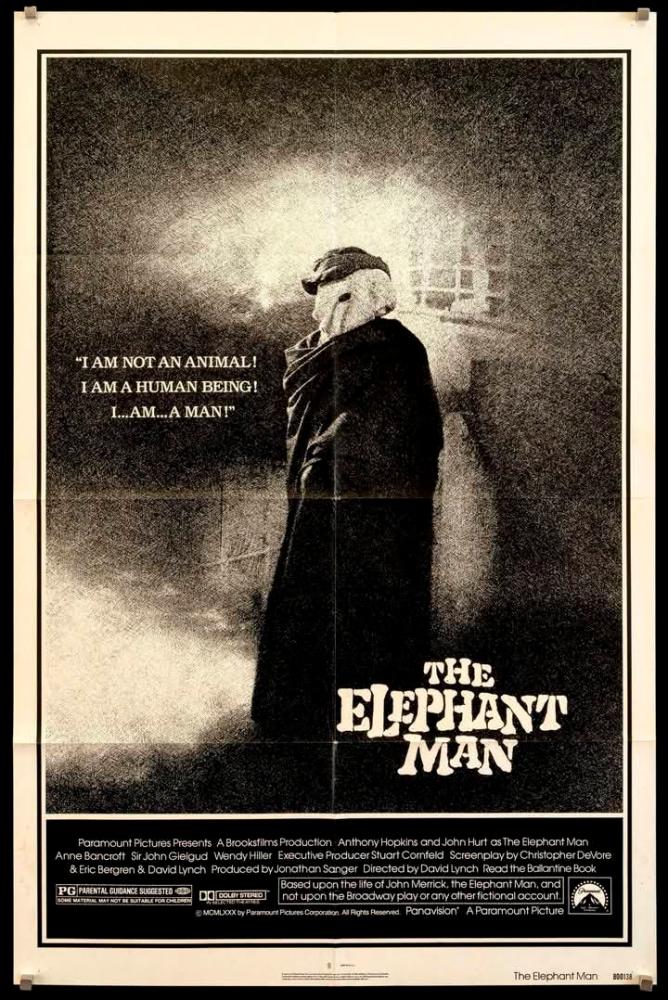
The Elephant Man (1980)
The theme of physical deformity is again re-visited in this biopic of John Merrick, otherwise known as “The Elephant Man”. Its poignant retelling of circus attraction Merrick is best encapsulated with the immortal lines, “I am not an animal... I am a man!” A star-studded cast including John Hurt, Anthony Hopkins and Anne Bancroft help bring one of Lynch’s more accessible offerings to life, underlining the director’s reputation for telling tales full of pathos.
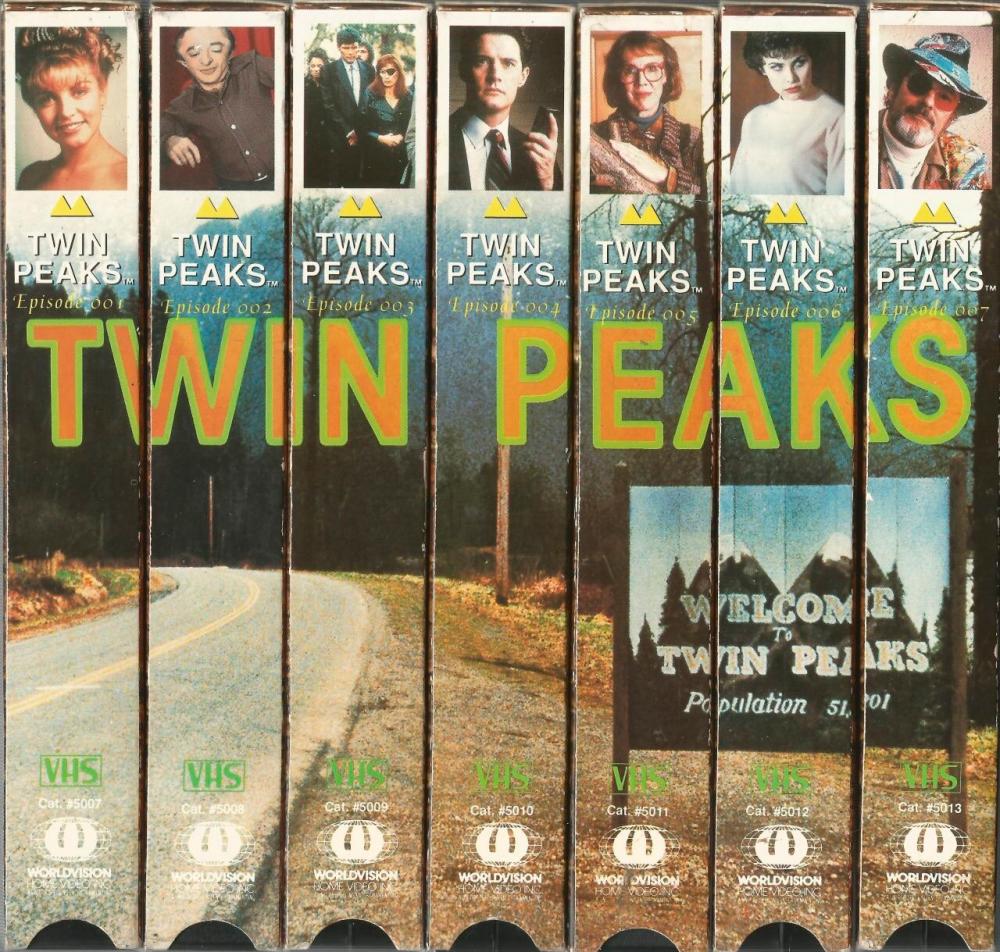
Twin Peaks (1990)
It is quite amazing that this surrealist murder mystery ever got made as this TV series was dark, morbid and utterly bewildering. With its cast of eccentric characters hiding dark secrets, Twin Peaks recounts the story of FBI special agent Dale Cooper (Kyle Maclachlan) investigating the murder of Laura Palmer (Sheryl Lee). It proved too strange for mainstream America and was cancelled after just two seasons. It later gained cult status, making a comeback in 2017 for a third season.
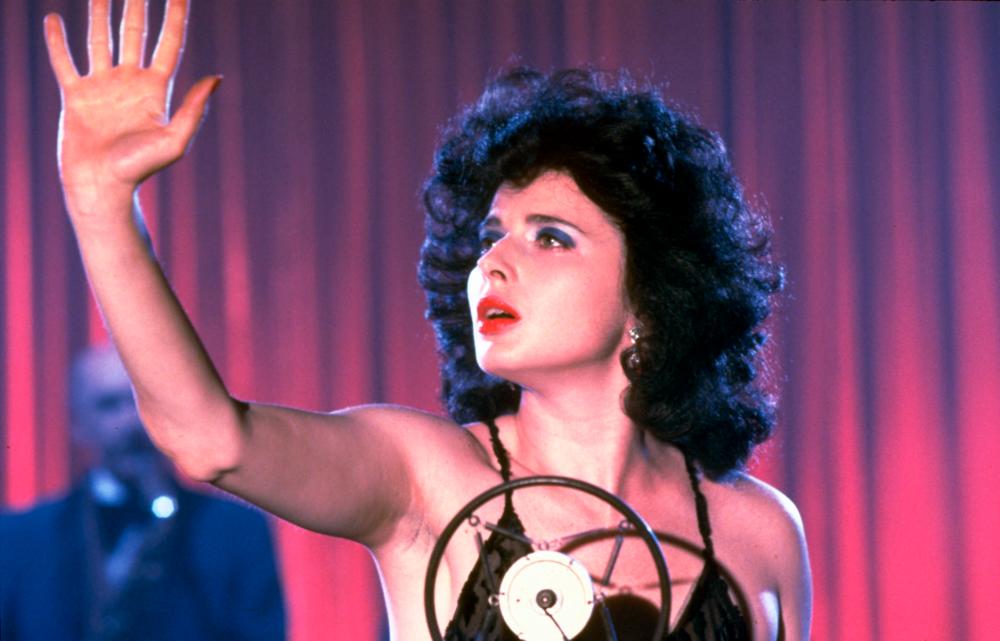
Blue Velvet (1986)
A chopped-off ear found in a field. A villain (Dennis Hopper) with a disturbing breathing apparatus. Throw in plenty of sex and violence and it is no surprise that the script for Blue Velvet was rejected by numerous studios from the late 1970s onwards, before it was picked up by De Laurentiis Entertainment Group. This neo-noir psychological thriller established Lynch as a major creative force as it earned him an Oscar nomination for Best Director. Starring Isablla Rosselini, Blue Velvet was chosen by the American Film Institute as one of the 10 greatest American mystery films of all time.
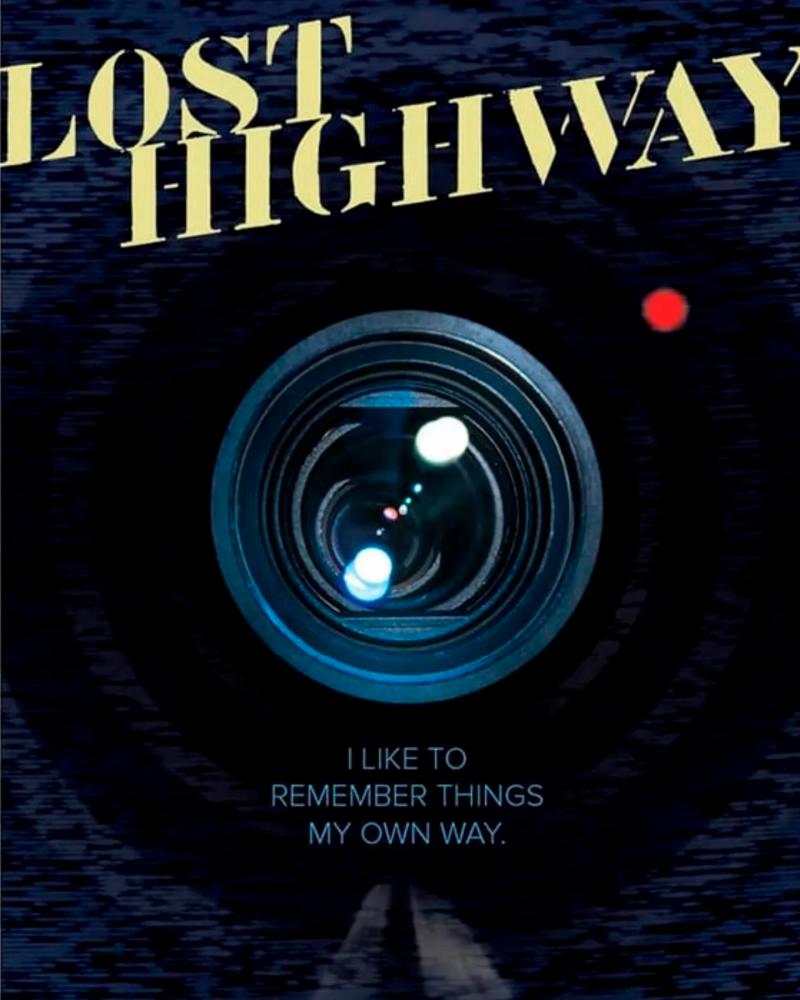
Lost Highway (1997)
Tapping into Patricia Arquette’s femme fatale persona, Lost Highway is yet another Lynch murder mystery that attempts to mess with the audience’s mental state. The plot takes viewers on a surreal journey of alternate universes in which characters are swapped without much explanation. Lost Highway may well be the precursor to Marvel’s “multiverse” setup – just a whole lot more disturbing and confusing. Suited for the movie’s dark imagery, the soundtrack, featuring David Bowie, Smashing Pumpkins and Rammstein, was notably produced by Trent Reznor and Angelo Badalemneti.
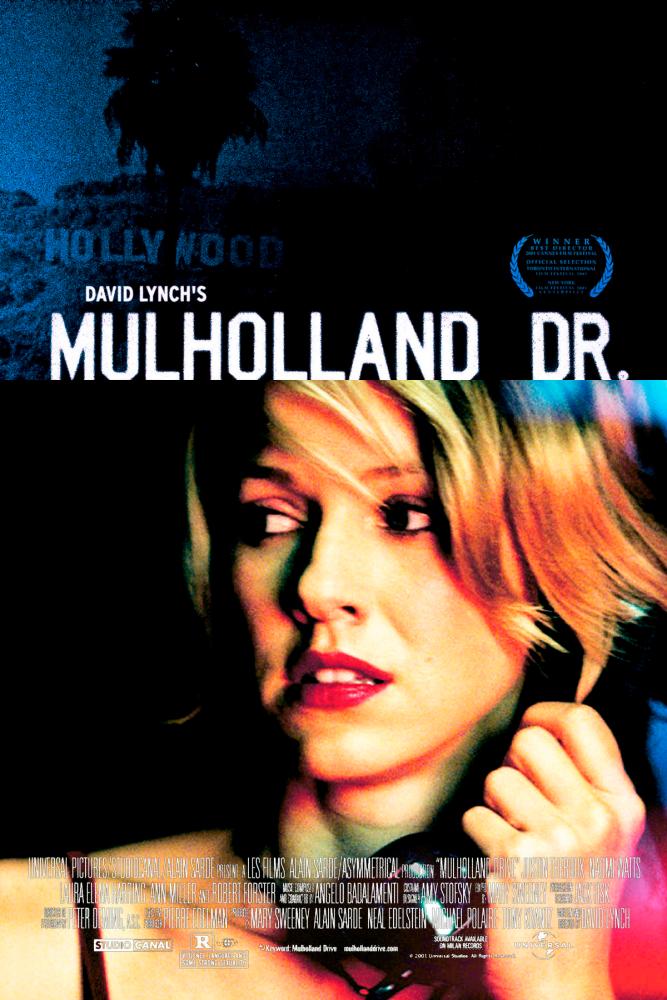
Mulholland Drive (2001)
Lynch was named Best Director at the prestigious Cannes Film Festival for this stylish film noir set amid a garish Hollywood backdrop. Often considered Lynch’s best work, it follows the story of a woman suffering from amnesia after a botched assassination attempt. Deliberately obtuse, the film invites audiences to make their own interpretations. The film is ripe for debate, discussion and debunking among cinephiles – hence, its enduring appeal.
The director’s death leaves a huge void in the cinematic space defined as “weird but wonderful”. Lynch’s works may not be to everyone’s taste but there is no denying their ability to evoke a sense of beautiful bewilderment.



